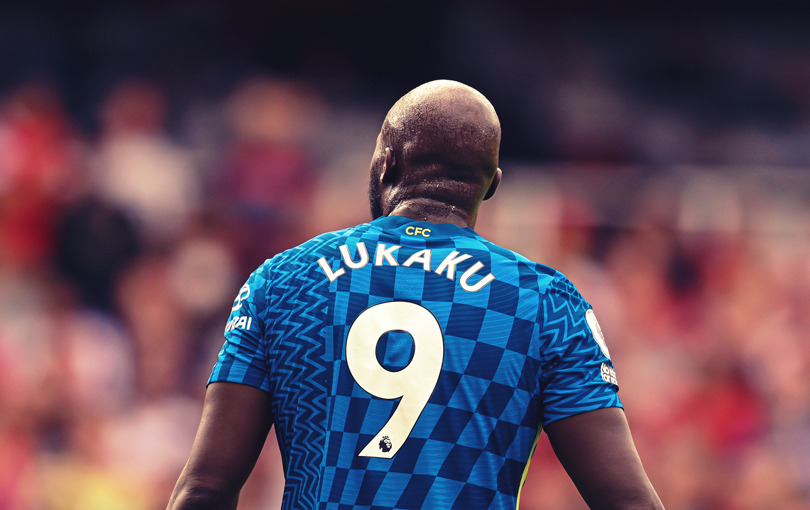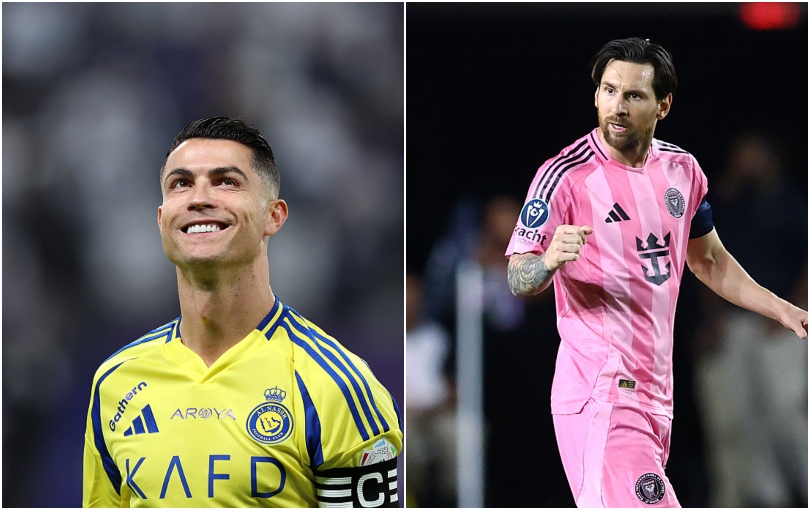Lukaku for "free"? Chelsea's transfer business trumps all this summer
Romelu Lukaku's £98m transfer was funded entirely through the sale of fringe players

Romelu Lukaku is the most expensive player in the history of football, if all his transfer fees are added up. He is the second costliest buy an English club has ever made, if just his £97.5 million move to Chelsea is considered. And they entered the final hours of the summer window with a transfer-market profit this summer.
Big spenders have been big sellers. Lukaku’s was the sort of deal that only a few clubs in the world could have financed. And yet it was also funded by sales. It is undeniable that Chelsea’s investment in the Abramovich era has been huge, most recently in 2020 when they paid out more in the summer window than any other club. They took advantage of a weak market and benefited a year later when they won the Champions League; that Kai Havertz got the final winner gave it a direct correlation. And yet the pointed comments from other clubs in recent weeks about Chelsea’s expenditure are both accurate and slightly deceptive.
Chelsea’s business model is working well. Or part of it is, anyway. It is instructive to note who they have sold. Lukaku’s purchase price was less than Chelsea recouped for Fikayo Tomori, Marc Guehi, Tammy Abraham and Kurt Zouma. They are the £100 million quartet; acquired for a combined £12 million, sold for a nine-figure sum between them. They are three centre-backs and a striker, creating a Jules Kounde-shaped vacancy in defence as well as clearing the way for the Belgian in attack. They are also three academy products and a player they bought at 19. Chelsea’s youth policy, long criticised, has worked in different ways: Mason Mount and Reece James are pivotal for Thomas Tuchel but if some of Frank Lampard’s favourite other locals have been discarded, they have gone in profitable fashion.
They are proof Chelsea have developed quality players; indeed the two biggest signings in Serie A this summer came from Stamford Bridge. But they also highlight aspects of a changing economy. Certain types of the market have collapsed as fewer clubs have had money. Part of the rationale for signing an Abraham, a Tomori or a Guehi is that, at 23, 23 and 21 respectively, they are sufficiently young that their value will be remain. It could increase, but each should still be sellable for high sums in a few years. At 26, Zouma is older, but scarcely ancient. West Ham are not certain to make a loss on him.
The contrast can be found among Chelsea’s costlier buys, many presumably on higher wages, who are invariably further into their careers. They have sold Olivier Giroud, Victor Moses and Davide Zappacosta, but all at a loss; as the Frenchman will be 35 later this year, he was never designed to make a profit but Chelsea hoped to recoup more of bigger investments on some past purchases. Instead, Tiemoue Bakayoko and Michy Batshuayi have been loaned out again, along with Danny Drinkwater: it is hard to imagine Reading paying much of his wages before a £35 million signing finally departs on a free transfer.
Indeed, a club who have largely traded well in recent years have had plenty of time to reflect and repent about the disasters of their 2017 buys, with the notable exception of Antonio Rudiger. A summer that delivered Alvaro Morata, Bakayoko, Zappacosta and Drinkwater will result in a huge loss. The following January brought them Giroud, a success on the field, plus Emerson Palmieri and Ross Barkley: one loaned out, the other, at the time of writing, without a squad number. Most cost too much and most are paid too much to be sellable at the prices Chelsea have wanted.
But Chelsea’s stockpiling of players mean they can bank sums. They did in the summer of 2019, albeit when they were under a transfer ban, and there has long been a logic to cashing in on some of the equity in their supersized squad. They may wish they had earlier before the market collapsed for the Bakayoko and Batshuayi types. As it is, they still have a legion of loanees. Some, like Baba Rahman and Emerson, will never bring in the purchase price. The potential windfall comes from the next generation. In Conor Gallagher and Billy Gilmour, and possibly in the teenagers Tino Anjorin, Levi Colwill and Armando Broja, there is abundant potential. If they are not the next Mount or James, they could prove another Tomori or Guehi, the youngsters who help underwrite the purchase of a superstar in a future summer.
Get FourFourTwo Newsletter
The best features, fun and footballing quizzes, straight to your inbox every week.
Subscribe to FourFourTwo today and get three issues delivered for just £3. The offer ends October 17, 2021.
READ NEXT
DEADLINE DAY The key headlines from a busy afternoon for Europe's top clubs
TRANFSER NEWS Blues block Borussia Dortmund loan move for Callum Hudson-Odoi
Richard Jolly also writes for the National, the Guardian, the Observer, the Straits Times, the Independent, Sporting Life, Football 365 and the Blizzard. He has written for the FourFourTwo website since 2018 and for the magazine in the 1990s and the 2020s, but not in between. He has covered 1500+ games and remembers a disturbing number of the 0-0 draws.

